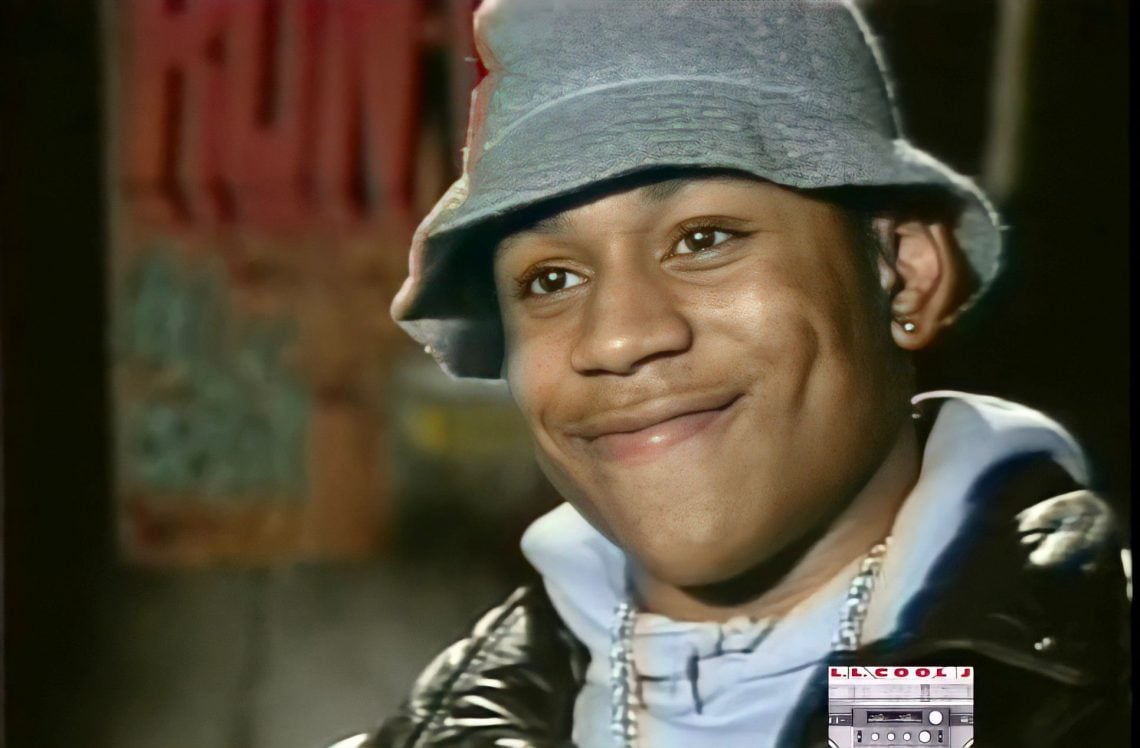Rick Rubin is a master of music with a talent that knows no limits. Akin to Larry Smith, he was highly involved with Run-DMC, the face of hip-hop in the 1980s. However, Rubin was affiliated to such an extent that he founded what would become Def Jam Records alongside Russell Simmons. The iconic record label broadened hip-hop’s audience, with Rubin fusing rock with rap, accelerating the genre’s growth.
Rubin’s musical interest stemmed primarily from the Rock & Roll genre. However, hip-hop and rock (both innately rebellious) informed his music and made him an exceptional beatmaker. Working with acts such as Run-DMC and The Beastie Boys in the early-’80s, Rubin was introduced to LL Cool J by Ad-Rock, who had heard his material while sorting through demos in Rubin’s NYU dormitory.
After Ad-Rock contacted LL, both Rubin and the Queens rapper began crafting what became Smith’s first debut single, ‘I Need A Beat’. In an interview with Rolling Stone, The Def Jam producer explained how he created the beat. Recalling the day the track was made, Rubin disclosed, “It was a beat that I programmed at the dorm room on a DX drum machine. I think that was the first one that we ever recorded with LL.”
Rubin continued, detailing Smith’s demeanour and how different he was, reminiscing, “He came over with lots of lyrics, just pages and pages of lyrics, though not necessarily arranged into songs. I helped pick some of the lyrics and arranged them into a song. Back then, I would say LL was kind of a nerdy 16-year-old kid. He was really smart, well read. He came to the dorm room and was very motivated. He’s one of the more hardworking artists I’ve worked with, even from then. And I felt like he really kept to himself.”
Released as a twelve-inch single, ‘I Need A Beat’ was released in 1984 and and was officially remixed by DJ Jazzy Jay of the Zulu Nation in 1985. When asked about how the song was recorded, Rubin recalled, “We did the recording at Chung King, a studio whose real name was Secret Society — I decided to call it ‘Chung King’ just because it was in Chinatown. The owner’s name was John King, and it was a really crummy studio and I wanted it to be recorded in this mystical place, so we made up this Chung King place.”
The single did not chart. However, it was the precursor to LL’s debut album, Radio, which debuted at 46 on the Billboard Hot 100 and was certified-platinum. Moreover, it featured highly popular singles such as ‘Rock The Bells’ and ‘I Can’t Live Without My Radio.’
